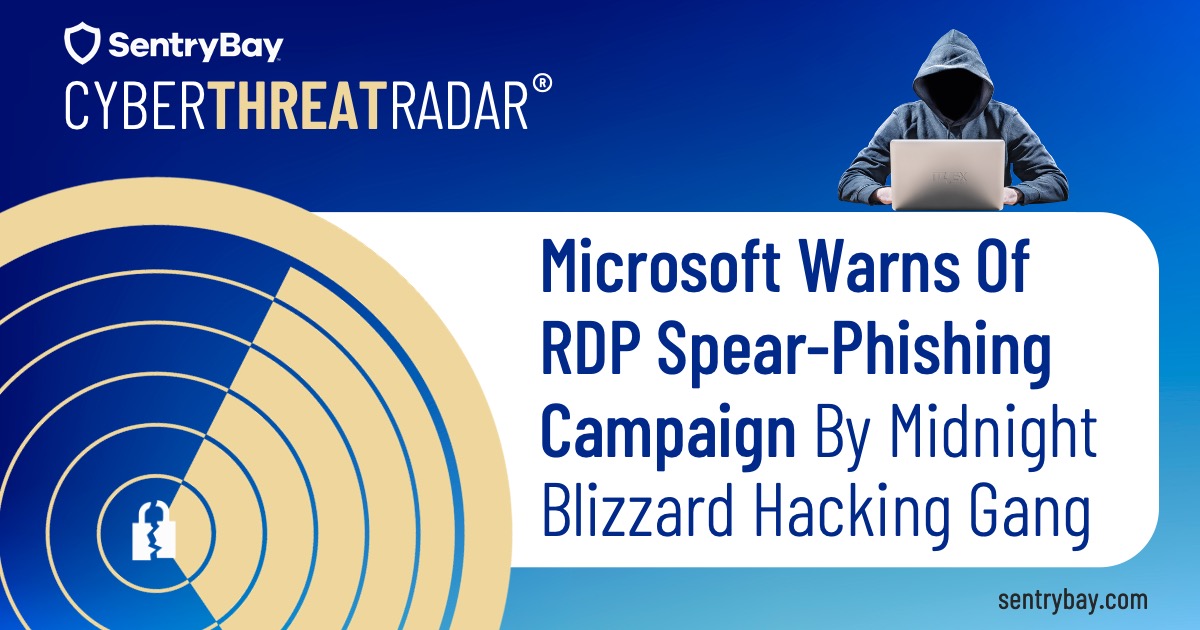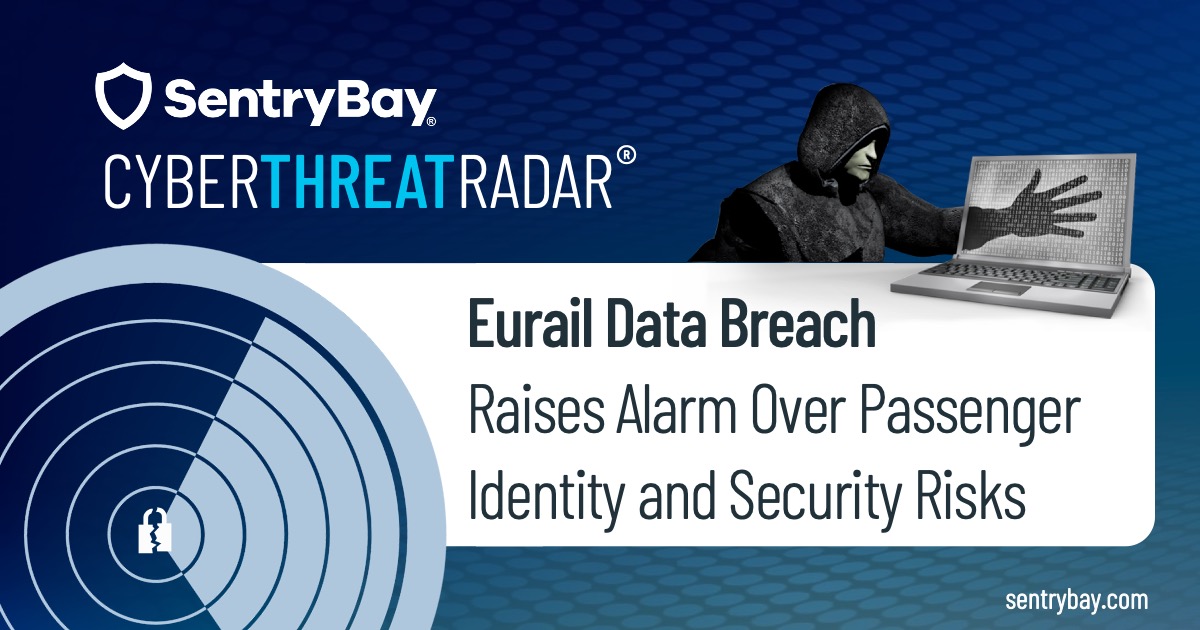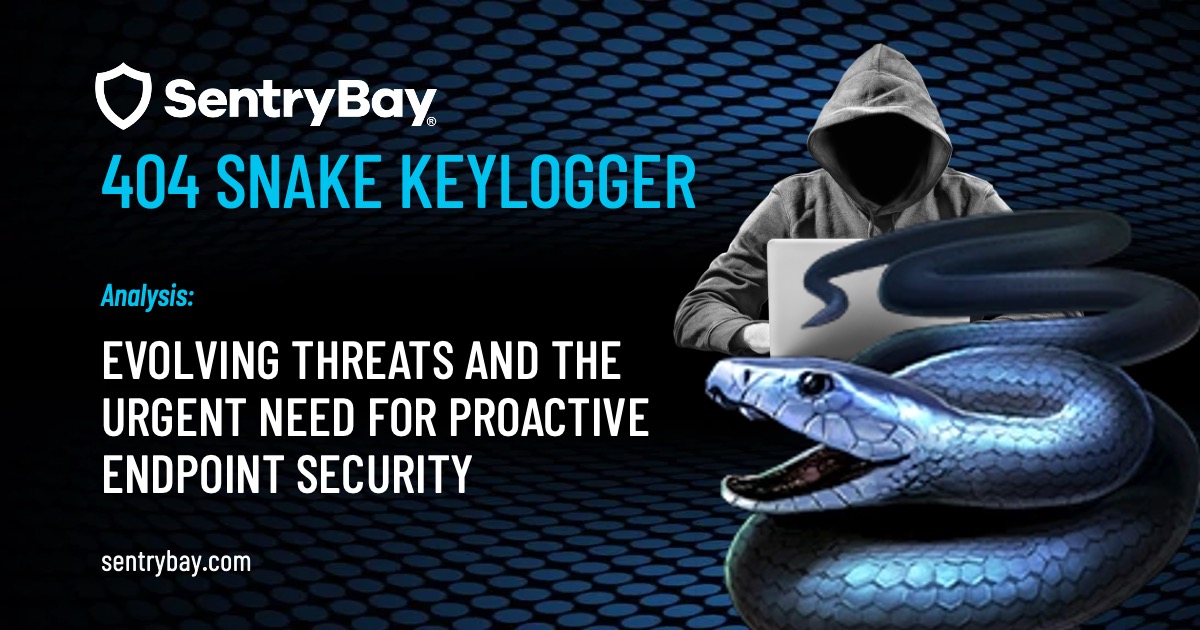
Cyber Threat Radar – Microsoft has issued a warning regarding an RDP spear-phishing campaign attributed to the Russian hacking group Midnight Blizzard.
This campaign, ongoing since October 22, involves emails sent to governments, educational institutions, NGOs, and defense organizations across Europe, leveraging Remote Desktop Protocol (RDP) configuration files to execute malicious attacks.
RDP Social Engineering Techniques
The attackers employ social engineering techniques, crafting emails that appear legitimate by including specific details about the recipients’ accounts or organizations. This personalization enhances the likelihood that victims will open the RDP files attached to the emails.
The RDP files used in these attacks are signed with a LetsEncrypt certificate, furthering their credibility. When victims open these files, they inadvertently connect to a server controlled by the attackers, granting the hackers access to local system resources. This includes the ability to browse files, capture clipboard content, and access drives and printers. Such capabilities could lead to significant data breaches, especially if the victim has smart card authentication tools installed.
Remote Access Trojans (RATs)
The nature of the RDP connection allows attackers not only to access sensitive information but also to install malware, including Remote Access Trojans (RATs). These tools can maintain persistent access to the victim’s system, even after the RDP session ends. This poses a substantial risk as attackers may gain visibility into login credentials and other sensitive data stored on the local system.
While spear-phishing is often targeted at specific individuals, its impact can ripple through an organization, affecting many users. A single successful attack can compromise multiple accounts, leading to widespread vulnerabilities within the targeted institution.
RDP Relevance To Keystroke Logging And Screen Capture
This campaign’s implications extend beyond simple data access; attackers can implement keystroke logging and screen capture capabilities to monitor user activity and collect sensitive information in real time. By integrating these tools with their RDP access, hackers can harvest login credentials, financial information, and proprietary data, enhancing the threat landscape significantly.
“Organizations should remain vigilant against such spear-phishing attempts, ensuring robust security measures are in place, including employee training on recognizing phishing attempts, implementing multi-factor authentication, and regularly updating security protocols to mitigate the risks associated with RDP vulnerabilities,” said Liam Davenport, Cybersecurity Enterprise Director, SentryBay. “Our Armored Client solution’s kernel mode protection and patented controls makes SentryBay the only vendor able to protect AVD and W365 environments against Credential Theft, Keylogging, Screen Capture and Malicious Injection malware deployed by hacking gangs.”



